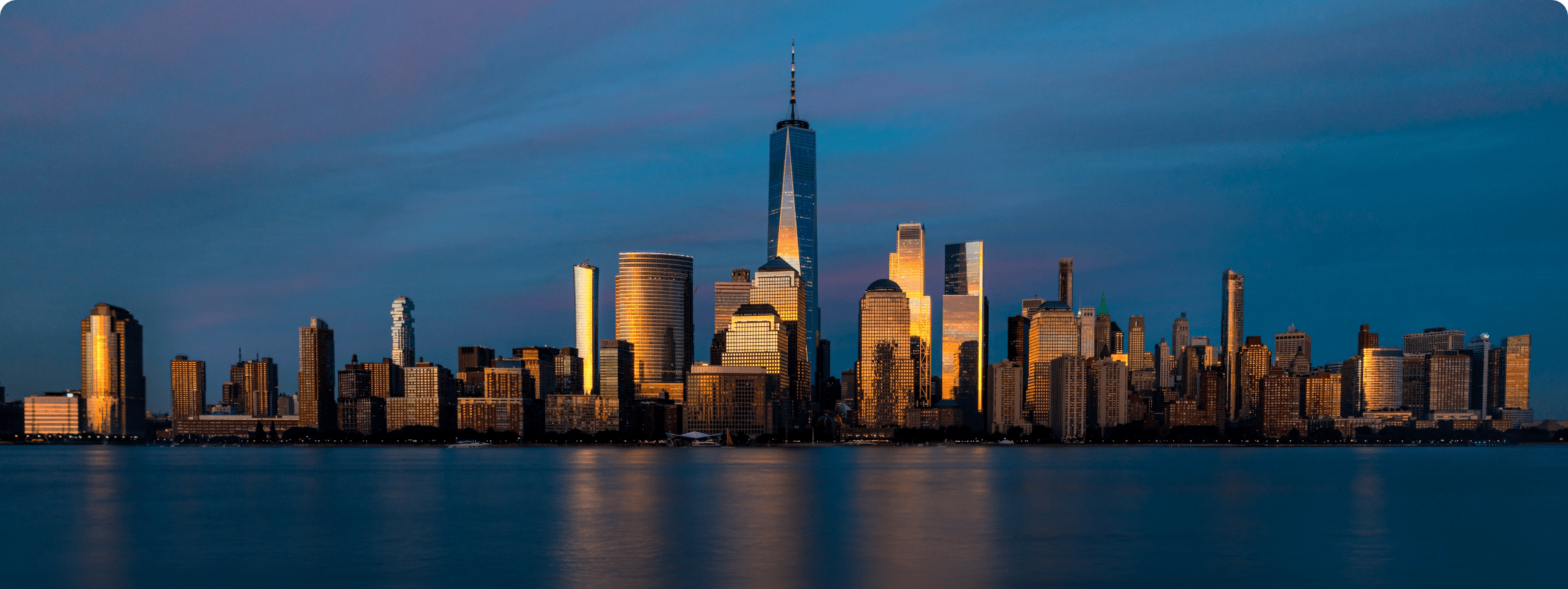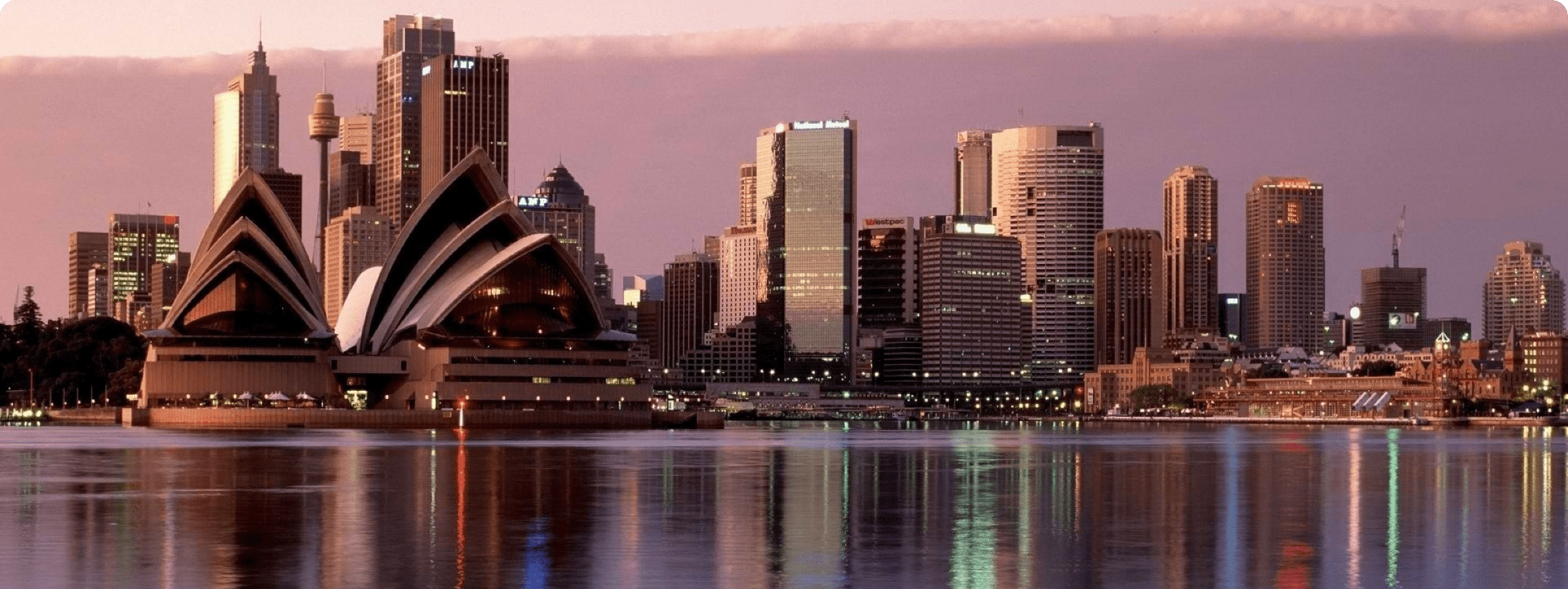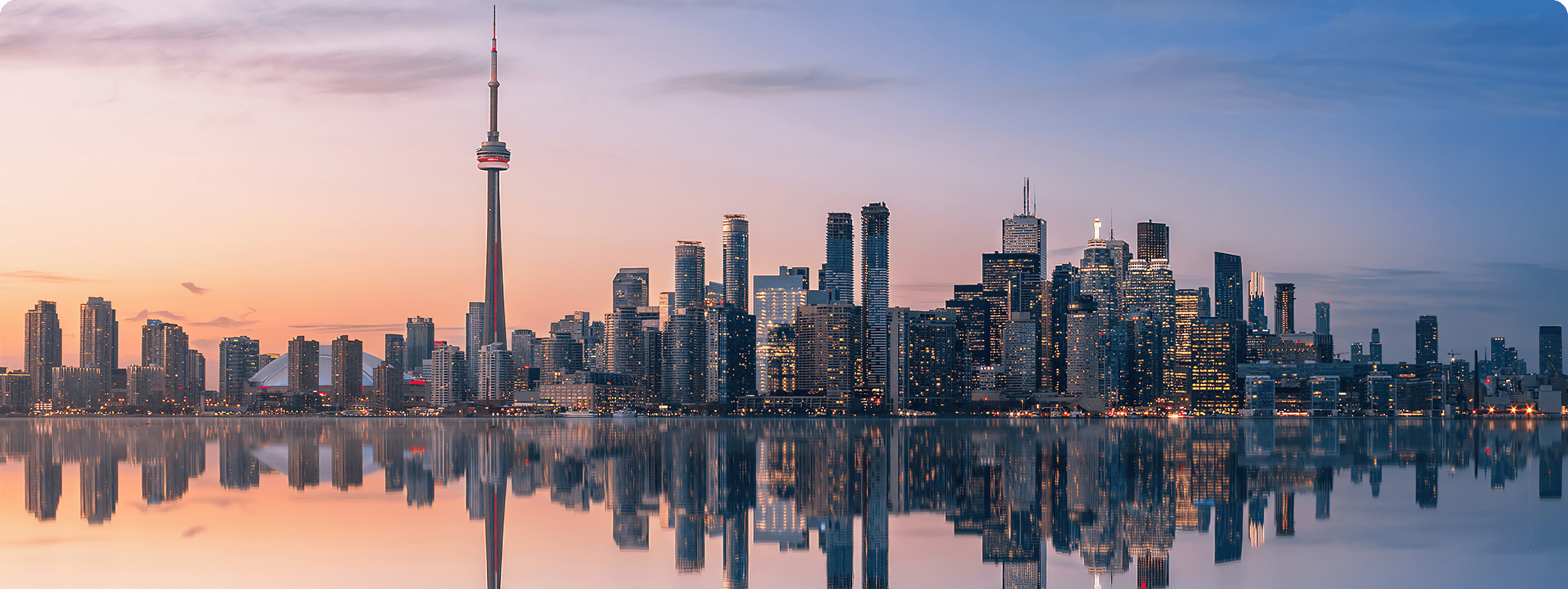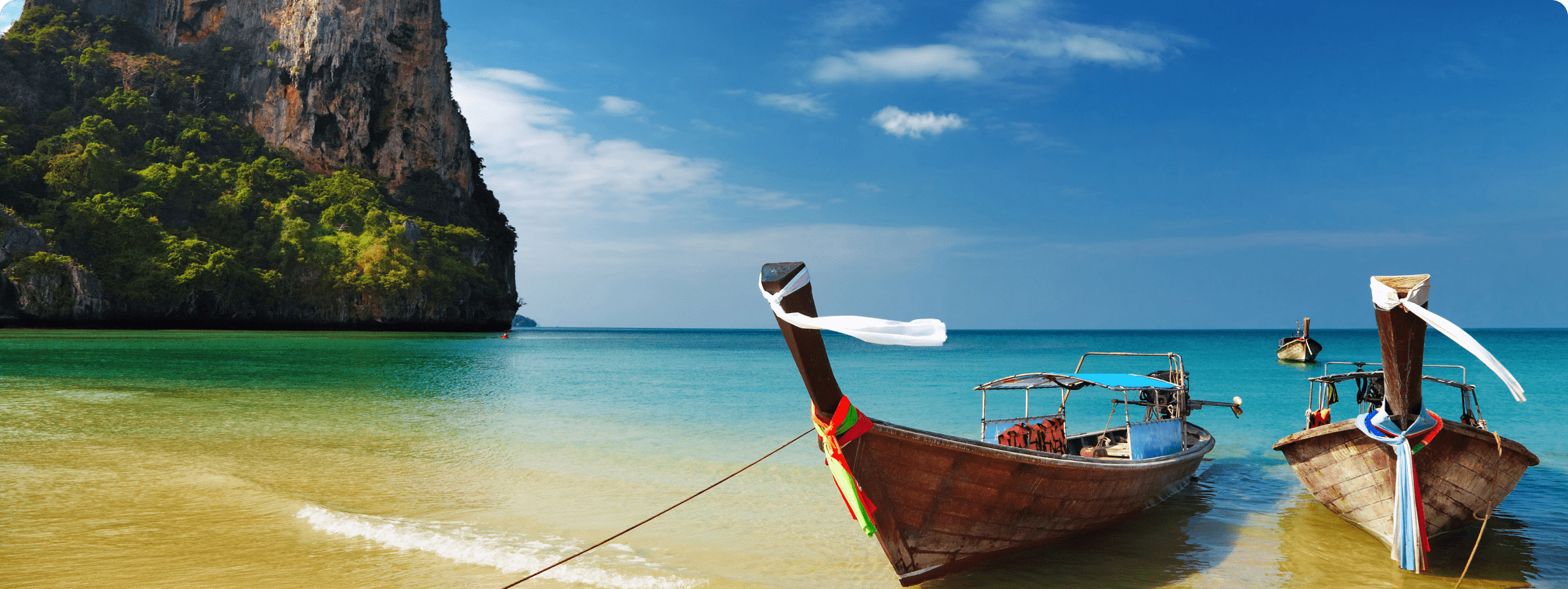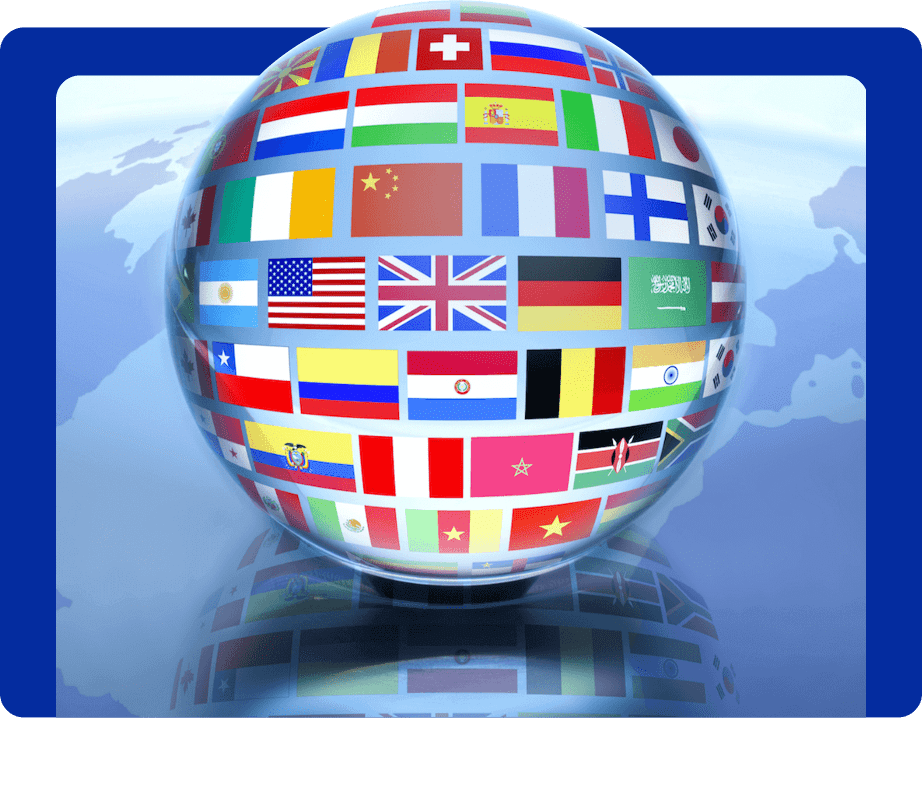6262656522
- about us
-
Test
Prep
-
Admission Services
-
Career Counseling
-
Course and University Selection
-
Education Loan Assistance
-
End-to-End Application Assistance
-
Forex Assistance
-
International Student Insurance
-
Interview Preparation
-
Letter of Recommendation
-
Scholarship Application Assistance
-
Student Accommodation
-
Test Preparations
-
Travel Assistance
-
Visa Application Assistance
-
-
Popular
Courses
-
Study
Destinations
-
 Study in Australia
Study in Australia
-
 Study in Canada
Study in Canada
-
 Study In China
Study In China
-
 Study In Cyprus
Study In Cyprus
-
 Study In Denmark
Study In Denmark
-
 Study In Finland
Study In Finland
-
 Study In France
Study In France
-
 Study In Germany
Study In Germany
-
 Study In Hungary
Study In Hungary
-
 Study In Ireland
Study In Ireland
-
 Study In Italy
Study In Italy
-
 Study In Japan
Study In Japan
-
 Study In Lithuania
Study In Lithuania
-
 Study In Malaysia
Study In Malaysia
-
 Study In Malta
Study In Malta
-
 Study In Mauritius
Study In Mauritius
-
 Study In Netherlands
Study In Netherlands
-
 Study In New Zealand
Study In New Zealand
-
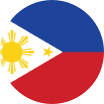 Study In Philippines
Study In Philippines
-
 Study In Poland
Study In Poland
-
 Study In Singapore
Study In Singapore
-
 Study In Spain
Study In Spain
-
 Study In Switzerland
Study In Switzerland
-
 Study In UAE
Study In UAE
-
 Study in UK
Study in UK
-
 Study in USA
Study in USA
-
 Study In Vietnam
Study In Vietnam
-
- Our Branches
- E-Book
- Blogs
- Contact Us
- MBBS IN ABROAD

